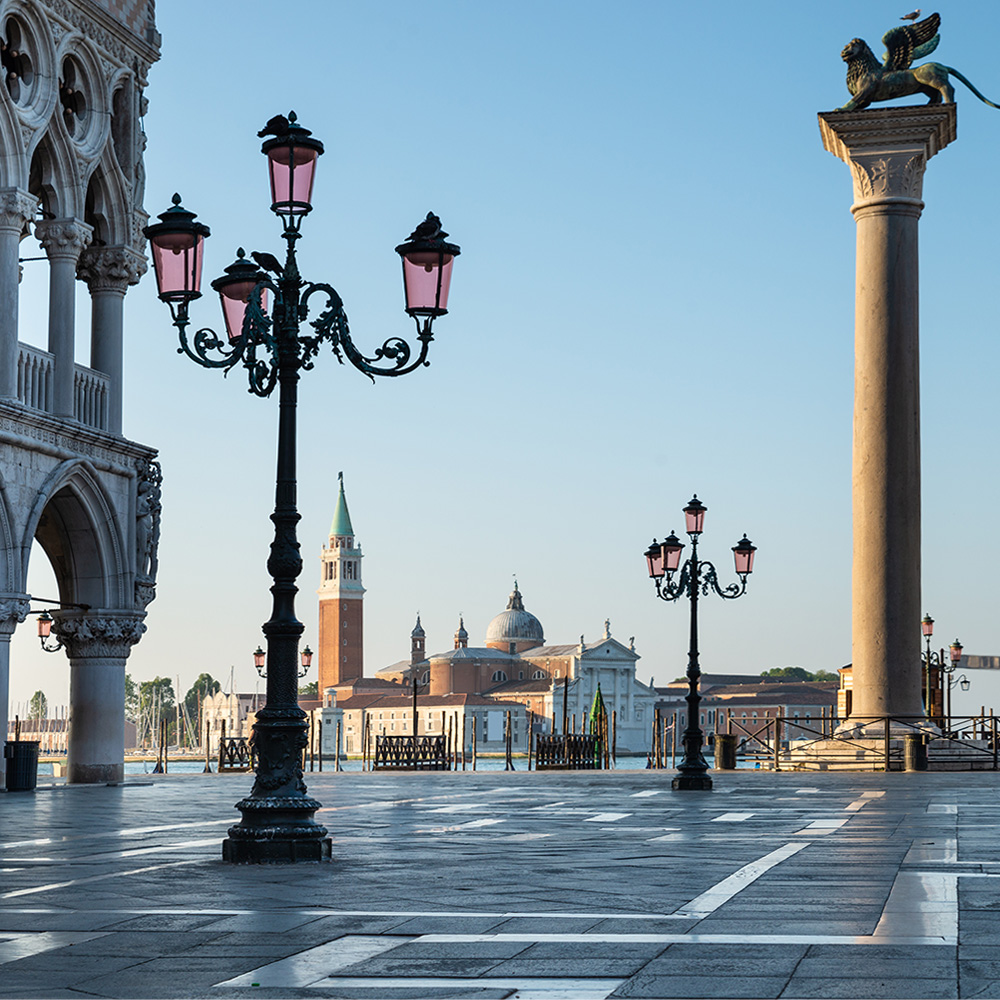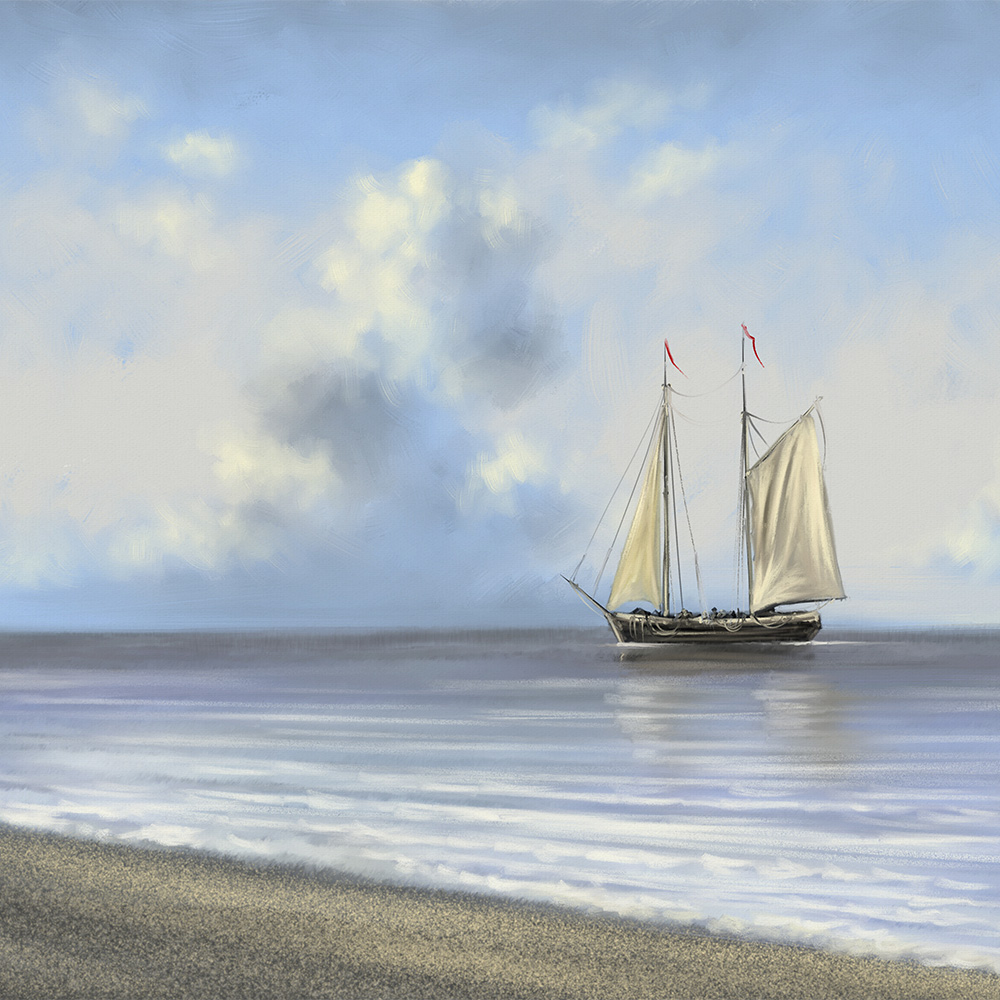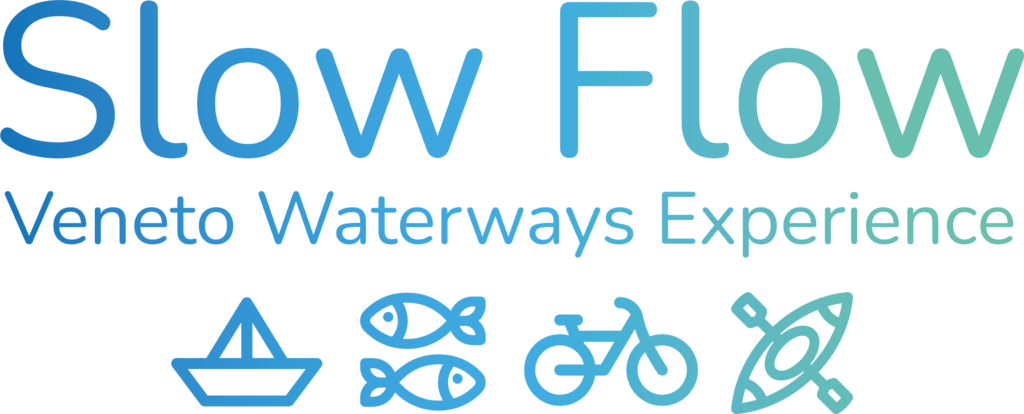Waters around Venice: an earthly paradise
When the ancient Heneti arrived from Turkey in the plains of Veneto 800 years before Christ, they found themselves in front of a real earthly paradise where they flowed abundant and clean waters, covered by vast forests, rich in pastures and game. This happened thanks to the alluvial morphology of the plain, formed and furrowed by rivers of Alpine origin. In the earthly paradise they decided to settle down, creating a thriving economy, becoming famous for the breeding of horses and taking the name of "Veneti". Theirs was only the first of many economies that have flourished over the centuries thanks to the power of the rivers of the Veneto, because in the past, as the ancient Romans claimed, being masters of the waterways meant being masters of the world. There were then the Romans, the Huns, the Ostrogoths, the Visigoths, the Byzantines and finally the Republic of Venice, whose imprint on the structure of the Venetian waterways is still visible today.


On the routes of the ancients
In ancient times, anyone who decided to raise a civilization near a river seems to have enjoyed a good dose of luck. The Tigris and the Euphrates, the Nile, or the Tiber certainly have a great story to tell. This happened because the rivers ensured the sustenance of theagricultureand breeding, as well as identifying themselves as primary means of communication and unsurpassed tools of defense. Over the centuries, the waterways have then become a strategic resource for business, drawing with their course a dense network of interchanges and trade routes throughout the then known world. Another important advantage offered by the waterways was that of constituting real routes for the transportation of people: at the time of the invention of the steam engine, in 1820 the steamship “Eridano” began a regular navigation service along the Pavia-Venice route, while the “Maria Luigia” opened shortly after the Piacenza-Venice one. Over time these routes have been slowly abandoned, the light river barges have been replaced by huge merchant ships that ply the oceans in any season loaded with colorful containers, oxen and donkeys have been replaced by trucks and vans. Today those waterways are immersed in silence, in naturalistic oases; free from the commercial passage, they become exciting exploration tools for the curious and nonconformist tourist. A mine of experiences, often the only way to enjoy breathtaking views, or to reach pleasant places. Combining the relaxation of a “slow” trip with the thrill of an out-of-the-ordinary adventure, river tourism is the choice you want to make for a trip in close contact with the natural, cultural and gastronomic wonders of the region.
Set sail on a journey with a thousand emotions and no limits.
Your next adventure is coming!
Who has just returned says ...
recommends Claudia Zarabara2022-08-29SIle, Caorle, Riviera Berica, Riviera del Brenta, Riviera Euganea ... and again Venice, Chioggia, Padua, Vicenza, the Po Delta, the Venetian Lagoon ... in short, a really wide offer for travel lovers # slow!recommends
Claudia Zarabara2022-08-29SIle, Caorle, Riviera Berica, Riviera del Brenta, Riviera Euganea ... and again Venice, Chioggia, Padua, Vicenza, the Po Delta, the Venetian Lagoon ... in short, a really wide offer for travel lovers # slow!recommends Rudy Toninato2022-05-15To See, Experience and Appreciate the Veneto with Slow Flow VWE is by far the best way. Over 20 tour operators who have joined together to give the best of the area. The waterways and slow tourism are the driving elements of this very important tourist project. Trust this group with confidence, it will be a real pleasure to show you how "we are experienced"!recommends
Rudy Toninato2022-05-15To See, Experience and Appreciate the Veneto with Slow Flow VWE is by far the best way. Over 20 tour operators who have joined together to give the best of the area. The waterways and slow tourism are the driving elements of this very important tourist project. Trust this group with confidence, it will be a real pleasure to show you how "we are experienced"!recommends Claudia Baldin2022-05-13I recommend trying all the river navigation experiences because they are linked to all different territories. The companies involved are all usefully professional and nice!
Claudia Baldin2022-05-13I recommend trying all the river navigation experiences because they are linked to all different territories. The companies involved are all usefully professional and nice!

